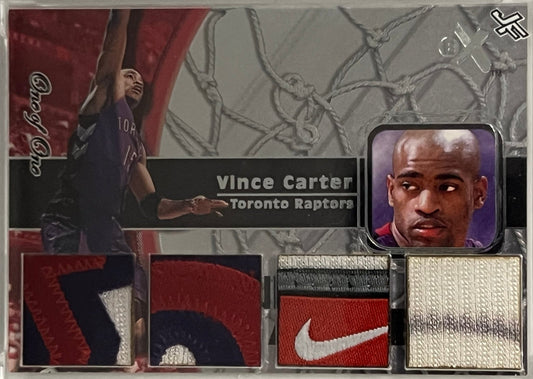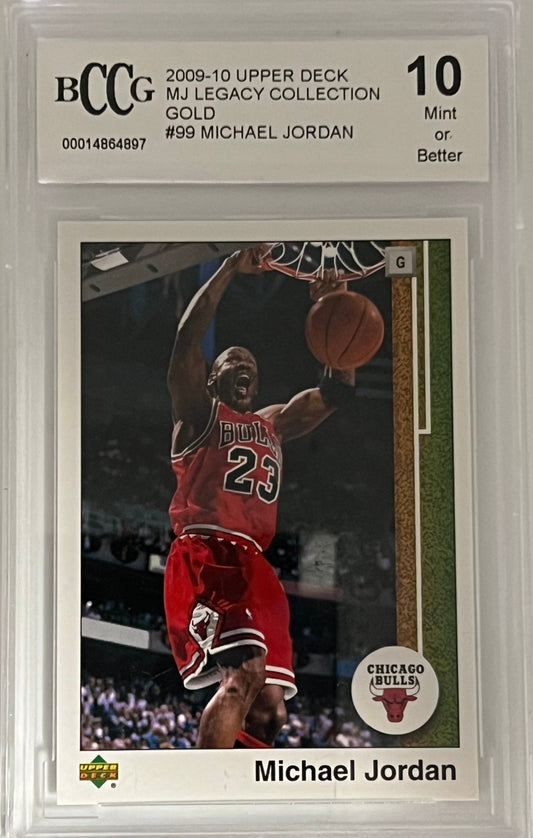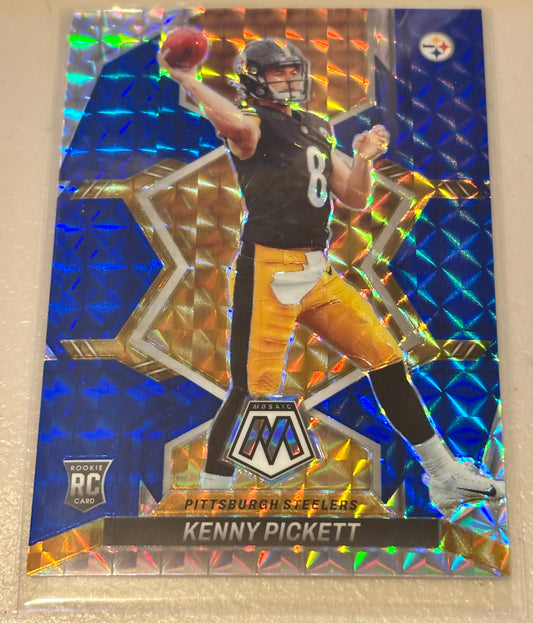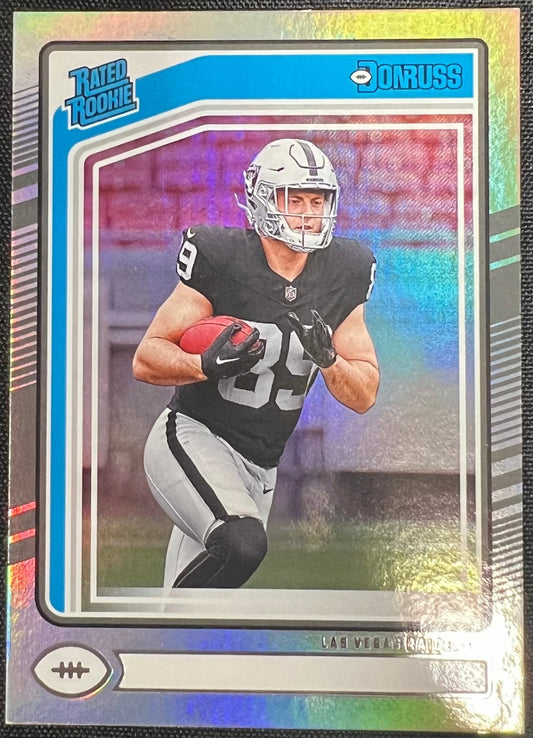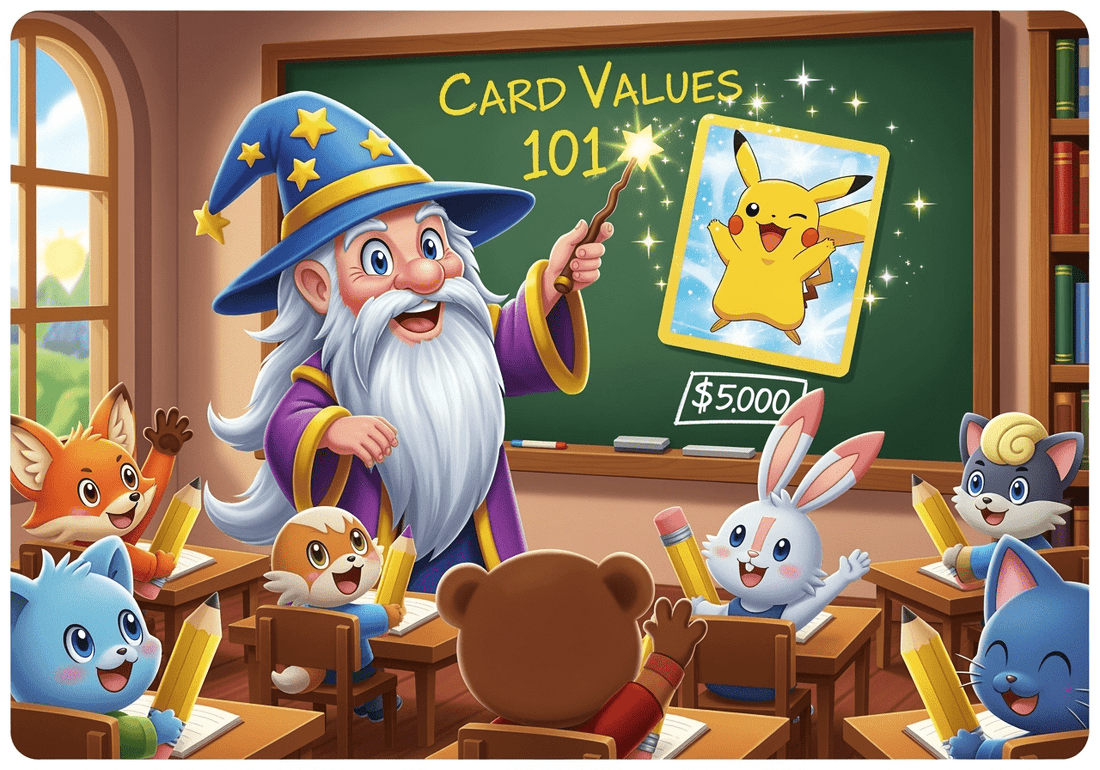
What Determines Sports Card Value? A Collector's Guide to Card Pricing
Share
Imagine walking into your local hobby store and glancing at the high-end singles in the display case. You might wonder: What makes these featured cards more valuable than the cards you have in your pocket or at home? What drives the price of a sports card anyway?
How Card Pricing Has Evolved
Before the internet era, determining a card's value was a challenging task. Collectors had to rely on sources like Beckett price guides, word-of-mouth, or whatever information they could gather through various means. It was a time-consuming process that often involved a lot of guesswork.
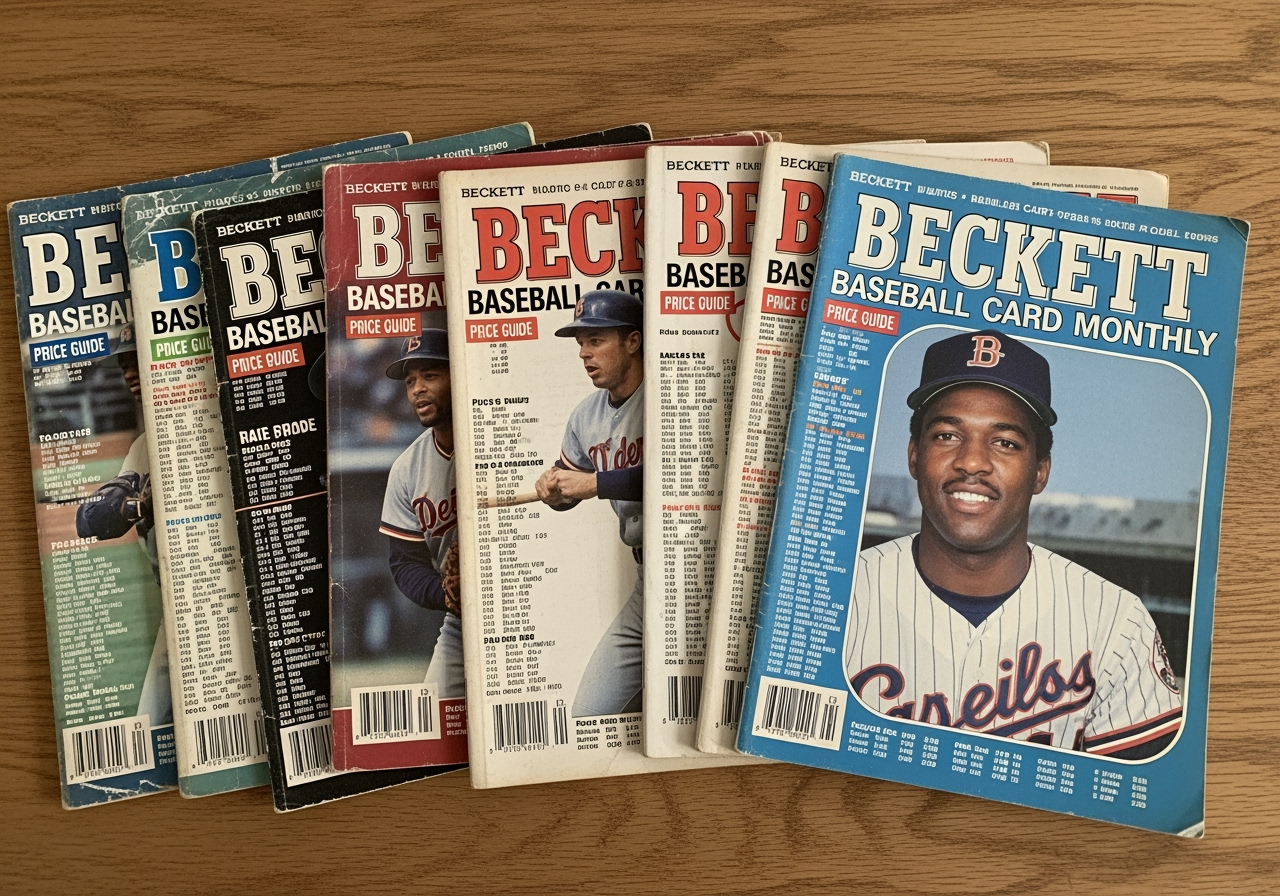
The Internet Changed Everything
Nowadays, the landscape has shifted dramatically. With the advent of the internet, pricing data has become transparent and readily available. Tools and marketplaces have emerged, providing collectors with easy access to accurate and up-to-date information on sports card values.
eBay, being the biggest sports card marketplace available, serves as the primary basis for most card evaluation sites. With millions of transactions per year, the sports card market is more liquid than ever—especially compared to our youth when you could only trade between friends.
Key Factors That Influence Sports Card Values
Several factors come into play when determining a card's value, but at its core, card pricing is driven by supply and demand.
Player Performance and Fame
The rarest cards featuring the best players tend to fetch the highest prices in the market. Collectors are willing to pay a premium for these highly sought-after items, driving up their value significantly.
Scarcity Factors
Anything that reduces the population of a card will increase its value, including:
- Gem-mint grades from professional grading services
- Print errors or variations
- Limited edition sets (think Topps Tiffany versus regular Topps)
- Numbered parallels and short-print cards
Set Popularity and Sport Trends
The popularity of the specific set and sport also contributes to overall card worth, with trending players and championship seasons often driving increased demand.
Interestingly, most cards from the 1980s and 1990s have actually depreciated in value over the years. This phenomenon can be attributed to several key factors:
Overproduction Crisis
The card companies overproduced during this era, leading to an abundance of cards flooding the market. Prior to this period, mostly kids bought cards and treated them as toys rather than collectibles. However, when news of vintage rookie cards from players like Babe Ruth and Mickey Mantle started making headlines, both kids and adults began saving their cards in sleeves and binders, hoping to strike it rich.
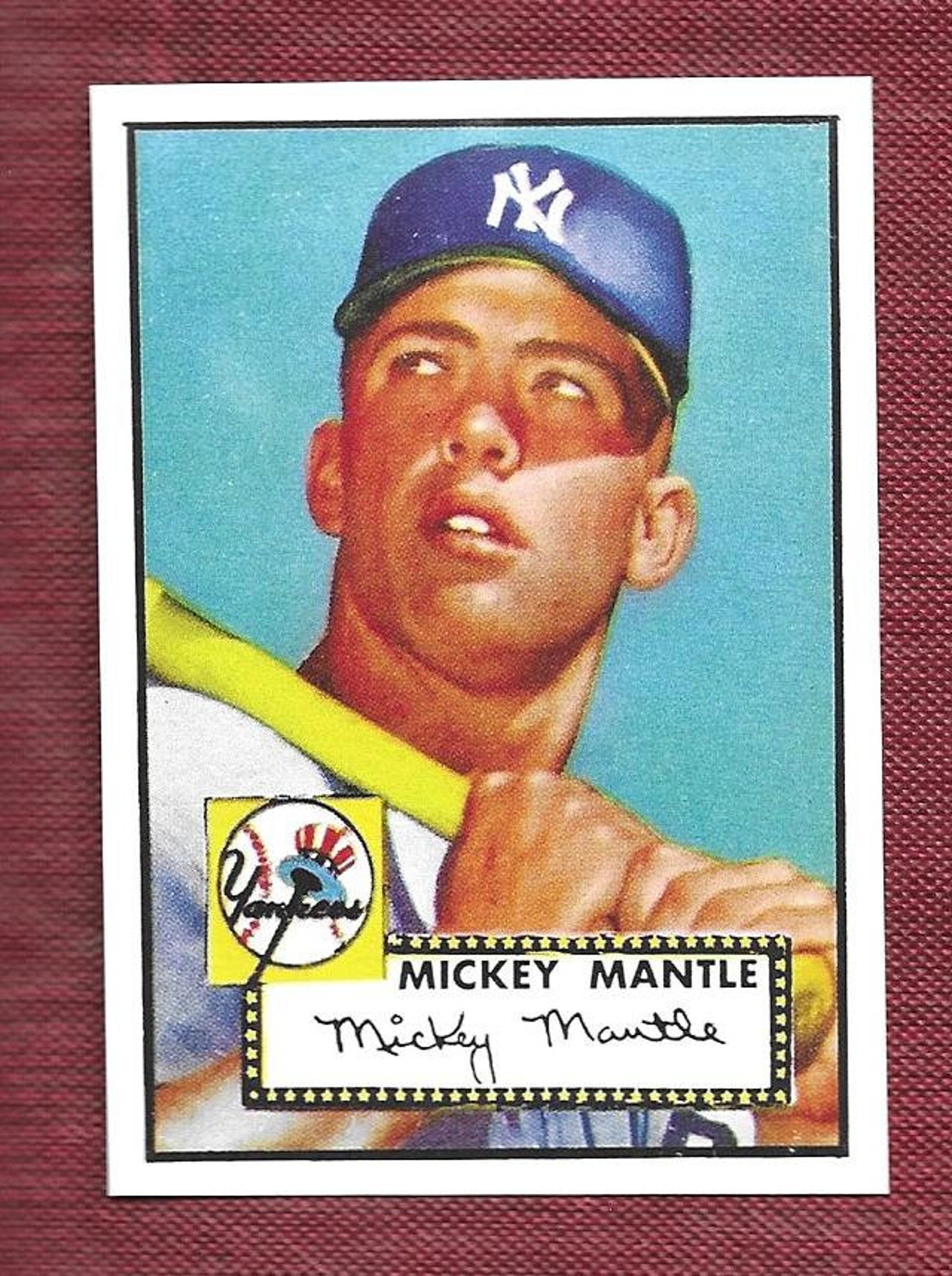

Shifting Collector Preferences
As collectors gravitate towards newer and more limited-edition cards, many older cards from this overproduced era have lost their appeal and subsequently their value.
What the Card Companies Learned
The boom and bust of the early 1990s almost killed off the entire sports collectibles hobby. Overleveraged and revenue-starved, many brands—even iconic ones—had to shutter their doors or sell to rivals. During this consolidation period, many local hobby stores also closed.
Modern Card Strategy
Companies learned they had to simultaneously meet two demands: fulfill the endless demand from base set completionists while providing rarer cards at various levels of collectability. They started adding features like:
- Parallel cards with different colors and finishes
- Memorabilia cards featuring game-used jerseys or equipment
- Autographed cards signed by the players
- Numbered cards with limited print runs

This way, everyone who wanted to buy a pack of a flagship product (like Topps Series 1 for baseball) could do so, but there would also be rare cards that, due to small populations, would retain their value over time.
Getting Your Cards Appraised
Understanding sports card values can be complex, which is why we offer free appraisals for up to 20 items at Fan-Tastic Cards & Comics. Our team uses current market data from sources like sportscardpro.com and eBay sales to provide accurate valuations.
Whether you're curious about cards you've had for years or looking to understand the market for new purchases, stop by our Asheville location for expert guidance on sports card pricing and collecting strategies.


